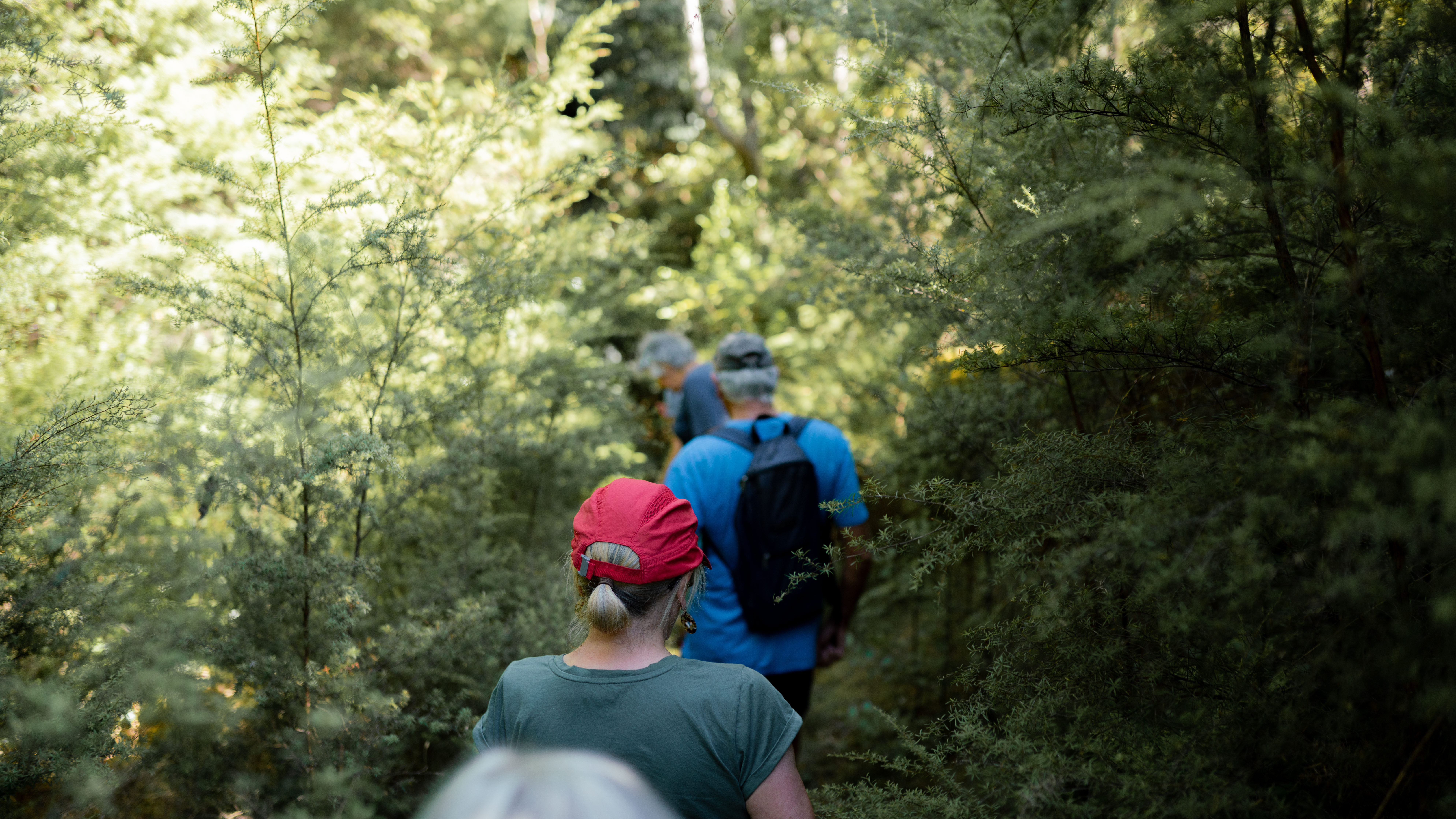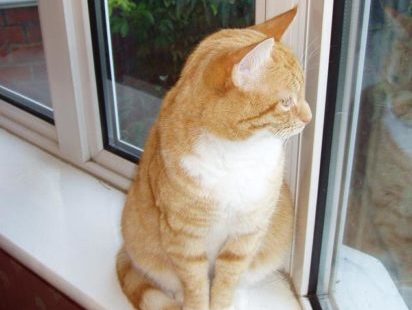Research shows that recognition is growing, but there is lots of work to do in order to make things more mainstream.

The Predator Free New Zealand Trust recently undertook some research to “Better understand the health of the Predator Free movement (PDF, 3MB)”. The research measures New Zealanders’ awareness and understanding of Predator Free 2050 as well as exploring people’s connection to nature, their concern around the loss of native biodiversity and their willingness to participate in predator free activities.

The results are interesting and there are plenty of insights that can be used to better engage New Zealanders with the predator free vision and its outcomes, we hope the wider sector will benefit from and use the report. The research was intended to create a benchmark and has been designed in a way that enables it to be repeated in future to measure change in New Zealanders’ awareness and understanding of Predator Free 2050.
The research also included a special topic on New Zealanders’ thoughts on cat management and responsible cat ownership.
One of the key things to note is that there are a number of other things that are top of mind for New Zealanders right now, such as cost of living, affordable housing, crime and mental wellbeing. We need to consider engagement with the predator free vision in that context.
Some highlights:
- 35% of New Zealanders have heard of Predator Free 2050 (when prompted). This is a key measure and could be interpreted as good or bad. PF 2050 was publicly announced in 2016 so in less than six years after it was announced it is quite impressive that 35% of people have heard about it without any major public facing campaigns. But, we’ve got a long way to go and we need broader awareness and support for the vision to ensure that it has ongoing political and public support.
- 75% of people think “Aotearoa New Zealand has indigenous species that are worth protecting”. This is great news, New Zealanders care about our native species and predator control is an important part of protecting them.
- Only 7% of New Zealanders are aware of a local predator free group. This is a great opportunity for community groups and projects across the country to tell their story to their local community.
- People think there are many benefits of achieving a predator free Aotearoa with the most common benefits identified being “restoration of native plant life”, “abundant native birds, bats, lizards and insects” and “protection of our iconic species like kiwi and kea”.
- Respondents ranked possums (64%), mustelids (60%) and rats (58%) as the predators most damaging to NZ native species. Followed by feral cats (42%), domestic cats (22%) and goats (14%). Birds (80%) and plants (57%) ranked highly as the most in need of protection.
- The reason people participate in predator free activities is varied but common answers are around protecting native species for future generations and protecting native birds in their local area.
- In terms of key activities people intend to participate in planting plants for birds to live in, placing a bird feeder in the backyard and visiting eco-sanctuaries rate highly.
Cats

The research also looked at attitudes towards responsible cat ownership and how New Zealanders’ felt about various actions that cat owners could take to look after their pets and local wildlife.
40% of New Zealanders’ own at least one cat (we have the highest rate of cat ownership in the world) and cat owners strongly support microchipping (66%) and desexing (82%) owned cats. 61% of New Zealanders think there should be a limit on the number of cats per household and 43% support cat owners keeping cats inside or on their property.
It is safe to say that there is support that responsible cat owners should microchip and desex their cats. There is also strong support for feral cats to be controlled on public conservation land, with 60% of people approving.

